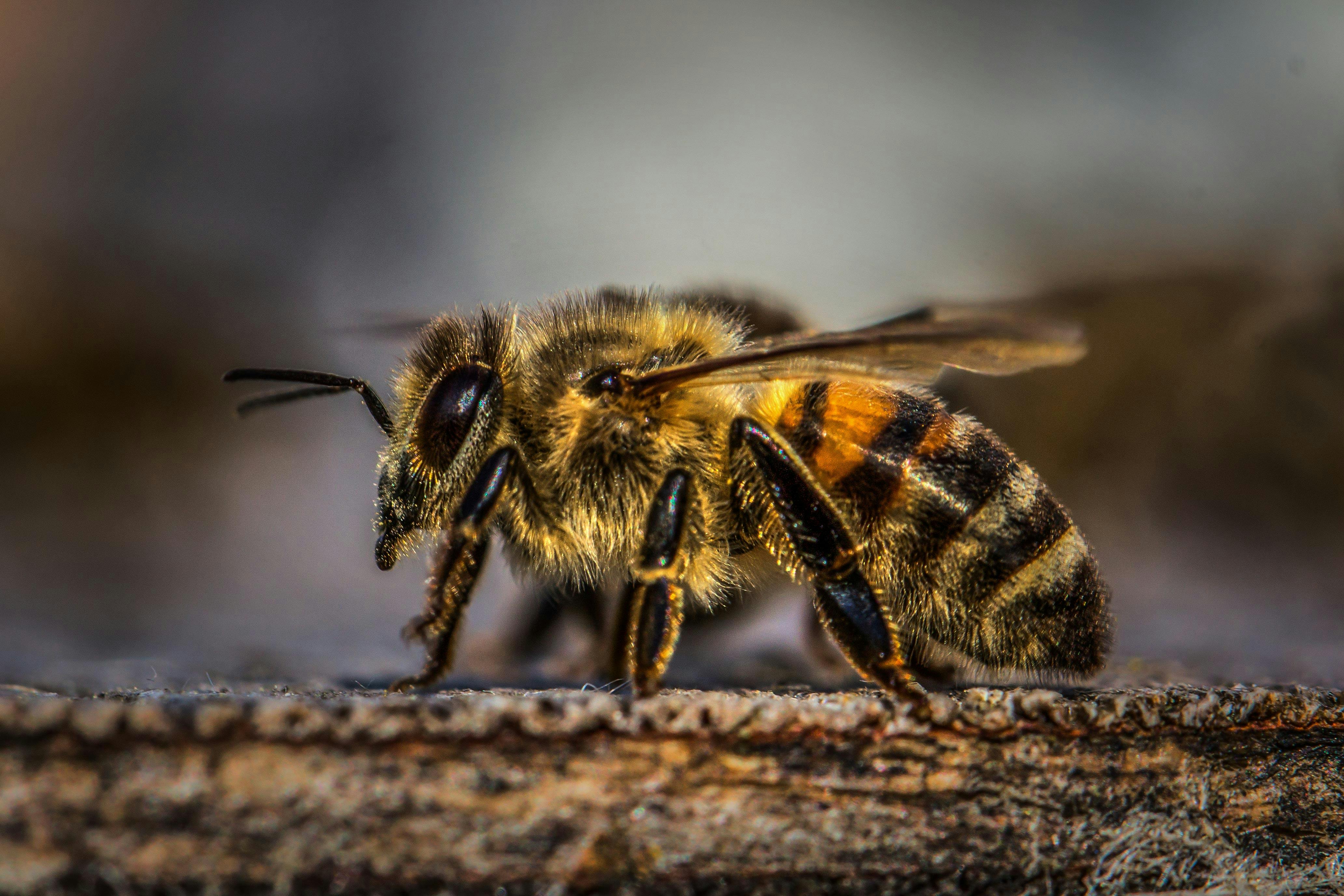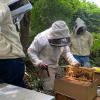Towards establishing a Sustainable Apiculture Industry in the Organisation of Eastern Caribbean States
By: Bianca Gittens, Research Assistant at The CPAG, and Member of The Caribbean Youth Environment Network (CYEN) – Saint Lucia Chapter
Hey there, honey lovers!
Ever wondered just how much honey the world produces? Well, get ready to be amazed! In 2021, honey production worldwide hit a sweet 1.77 million metric tons, valued at a whopping US$8.92 billion. And guess what? It's only going to get bigger! By 2028, experts predict the honey market could soar to an incredible US$25.8 billion.
But hold onto your honey pots because there's a sticky situation brewing. You see, not all that honey might be the real deal. There's a possibility that some of those figures include fake honey. Sneaky, right? Fake honey refers to a honey-like product that has been modified with flavours, fillers, dyes, and sugar. In fact, some fake 'honey' may not even contain any bee honey at all, instead being manufactured of a mix of glucose syrups, inverted sugar solutions (from refined sugar) or corn, cane or beet syrup.
While big players like China lead the honey game, tiny islands in the Organisation of Eastern Caribbean States (OECS) contribute less than 1% to the global honey pot. Surprising, considering the lush landscapes of places like Saint Lucia, the second largest island in the OECS (616Km2), bursting with over 1300 species of flowering plants. You'd think they'd be buzzing with bees and honey!

Recent data from the Association of Caribbean Beekeepers Organisations (ACBO) reveals a modest honey production from select islands, specifically a total production of 150,283 Kg. (166 US Tons) of honey from Barbados, Saint Vincent and the Grenadines, Antigua, Saint Kitts and Nevis, Saint Lucia and Dominica (ACBO Honey Reports 2020/2022 compiled by Richard Matthias). However, experts believe this is just the tip of the iceberg. With the right scientific methods and a holistic approach, honey production could skyrocket.
All that being said, honey isn't just about breakfast spreads. It's a hive of opportunity! From beeswax to royal jelly, each derivative product ups the value chain. Ever heard of apitoxin? It's the bee's venom often used as a pain reliever and treatment for chronic inflammatory diseases, selling for a whopping US$100 per gram globally! Unfortunately, Caribbean Small Island Developing States (SIDS) are yet to fully maximize the potential of this industry because of laconic progress and few sustained interventions.
But here's the buzzkill: fake honey imports are on the rise, threatening the industry's long-term viability. In 2022, fake honey was estimated at 33% of the world’s honey market or US$2.94 billion and growing. Fake honey deprives the healthy qualities of natural honey to consumers and when contaminated with viruses and other pathogens are an existential threat to a country’s honeybee population and long-term viability of the industry. Caribbean experts agree that urgent action is needed to tackle this sticky issue and protect our buzzing friends.
Fear not! There's hope on the horizon. Thanks to initiatives like the Small Grants programme, funded by the Global Environment Facility implemented by the United Nations Development Programme (UNDP GEF SGP), beekeeping is experiencing a renaissance in the Caribbean. From innovative research to beekeeping tourism, the industry is abuzz with potential.

We are just getting started! With a sub-regional (OECS) common approach and policy framework to be developed soon, the OECS could lead the way in sustainable apiculture. And the best part? It's not just about the honey. Beekeeping plays a crucial role in biodiversity conservation and economic development, benefiting both people and planet.
So, whether you're a honey enthusiast or simply love the buzz of nature, join us in spreading the word about the sweet success of Caribbean beekeeping!





